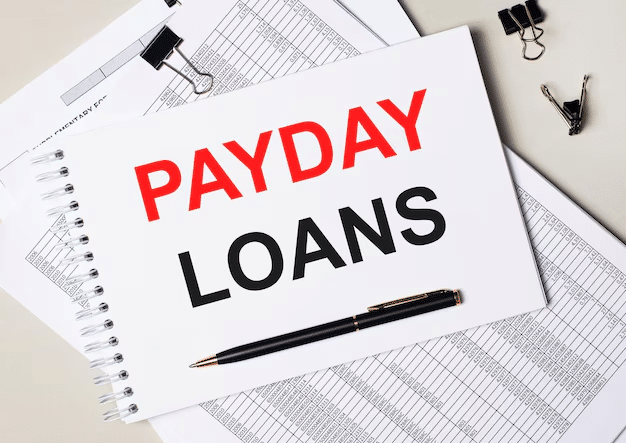Payday loans are short-term, high-interest loans designed to provide quick cash, often used to cover unexpected expenses or emergencies. While they can be a convenient financial lifeline for some, payday loans come with significant drawbacks. Understanding the pros and cons is essential before committing to this form of borrowing.
Pros of Payday Loans
1. Quick and Easy Access to Cash
- Payday loans are designed for speed and convenience.
- Applications are often processed within minutes, with funds available the same day or the next business day.
- Ideal for urgent expenses like medical bills or car repairs.
2. Minimal Requirements
- Most payday lenders do not require a high credit score, making these loans accessible to borrowers with poor or no credit history.
- Basic eligibility typically includes proof of income, a valid ID, and an active bank account.
3. No Collateral Needed
- Payday loans are unsecured, meaning you don’t need to pledge assets such as a car or home as collateral.
4. Flexible Usage
- Payday loans can be used for any purpose, allowing borrowers the flexibility to cover various expenses, from utility bills to emergencies.
Cons of Payday Loans

1. High Interest Rates and Fees
- Payday loans are notoriously expensive, with annual percentage rates (APRs) often exceeding 300% or more.
- Fees can quickly add up, making it challenging to repay the loan in full.
2. Short Repayment Period
- Payday loans typically must be repaid within two to four weeks, creating a tight repayment schedule.
- Borrowers often struggle to pay the full amount by the due date, leading to additional fees or loan rollovers.
3. Debt Cycle Risk
- If you can’t repay on time, payday lenders may offer to roll over the loan, adding more fees and interest.
- This creates a cycle of debt that can trap borrowers in ongoing financial difficulty.
4. Limited Loan Amounts
- Payday loans are generally small, often capped at a few hundred dollars, which may not cover larger financial emergencies.
5. Impact on Financial Stability
- Repeated use of payday loans can drain financial resources and damage your budget, leading to long-term financial stress.
6. Negative Impact on Credit
- While payday loans usually don’t require a credit check, failure to repay can be reported to collection agencies, damaging your credit score.
When Should You Consider a Payday Loan?
Payday loans should only be considered as a last resort in true emergencies when no other options are available. Before taking out a payday loan, explore alternatives such as:
- Borrowing from friends or family.
- Negotiating with creditors for payment extensions.
- Seeking financial assistance from community organizations or charities.
Conclusion
Payday loans can provide immediate relief for financial emergencies, but their high costs and short repayment terms make them risky for most borrowers. Carefully evaluate your financial situation, explore alternatives, and understand the terms before committing to a payday loan. Responsible borrowing and timely repayment are essential to avoid the pitfalls of payday lending.
FAQs
1. What is the typical cost of a payday loan?
Payday loans often carry fees ranging from $15 to $30 per $100 borrowed, translating to APRs of 300% or higher.
2. Can payday loans affect my credit score?
While payday lenders usually don’t perform credit checks, failure to repay can result in collection activity, which can negatively impact your credit score.
3. Are payday loans regulated?
Yes, payday loans are regulated in many areas, with laws capping fees and interest rates or restricting loan amounts. Regulations vary by state or country.
4. What happens if I can’t repay a payday loan?
Failure to repay may lead to additional fees, loan rollovers, legal action, or collection efforts, potentially harming your financial health.
5. Are there alternatives to payday loans?
Yes, consider alternatives like personal loans, credit card cash advances, paycheck advances from employers, or financial assistance programs.


